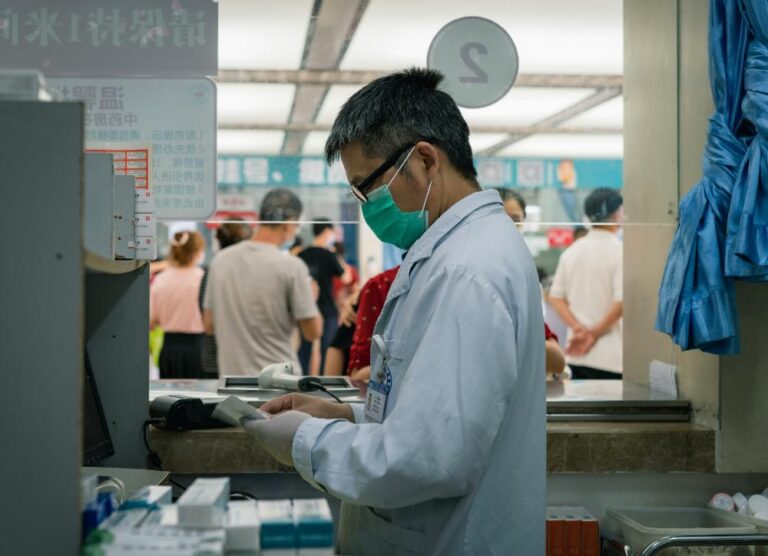CF Guimarães, Rebequi A, Bortoli JQ, Henchen FM, Tofani LFN, Furtado LAC, Andreazza R, Chioro A. Piled up bodies, discounts and partnerships: the intersection of primary care and the urgent and emergency care network in Rio Grande do Sul, Brazil. Interface (Botucatu). 2024; 28:e230314. Doi: https://doi.org/10.1590/interface.230314
Abstract
This manuscript problematizes the intersection of primary care and the urgent and emergency care network in a health region in Rio Grande do Sul, Brazil. Taking a micropolitical approach, we conducted a qualitative study in three municipalities with the participation of regional and municipal health managers, patients, local managers and workers from the health care network. We sought to map the forces that dispute health care delivery and the care network. Network insufficiency and fragmentation, the involvement of public managers and workers, who underuse their capacity to intervene in care delivery and influence current arrangements, and the action of mechanisms that articulate private interests linking urgent care to specialist knowledge and hospitals are forces that move towards intentional and productive non-intersection in the health region.
Keywords
Emergencies; Primary Health Care; Health Care; Health Management; Health Planning
Access in: https://doi.org/10.1590/interface.230314


